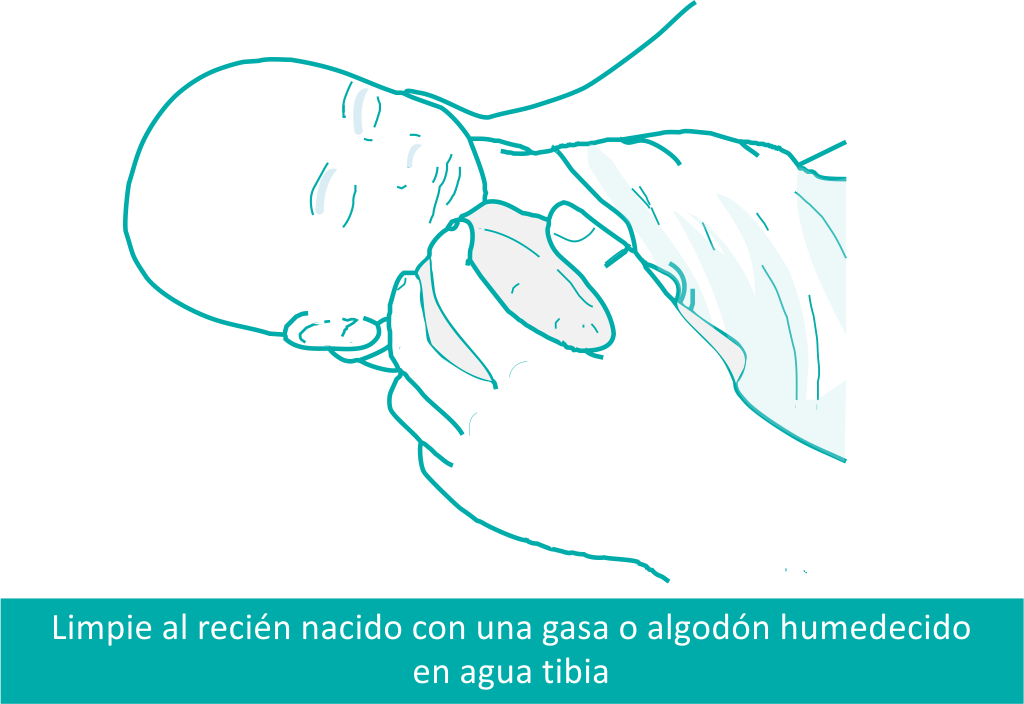A baby is premature if born before 37 weeks of pregnancy. It requires professional control, and from the time of discharge special care at home, particularly during its first year of life.
Hospital discharge
Once the baby can breathe without support and reaches an adequate weight, doesn’t require the heat of the incubator, the baby can be fed by suction and the doctor considers that he/she is out of the risk situations, he/she will be in condition to be discharged and go home.
Food
- The ideal food for every baby is breast milk.
- Your doctor will tell you how much milk your baby should have, since they may need some supplements (this will depend on the evolution of the premature baby).
- The premature baby should take smaller feedings at more continuous intervals, as their suction muscles are weaker.
- In case of bottle feeding, a softer nipple than usual can be used.
- If the baby changes color and stops breathing while feeding, the suction should be stopped, the baby should be brought in and stimulated with back blowsd and stimulated with blows to the back.
Bathing
- During the first two weeks it is not advisable to bathe daily, on those days it will be enough to clean it with a gauze or a cotton swab soaked in warm water.
- Clean the baby’s face, hands, and folds where milk or dirt may be present.
- Do this in the warmest room in the house and have all your cleaning supplies on hand.
- Find assistance.
- Wash with gentle touches.
- The baby’s navel should be healed three times a day (a cleaning after the bath). To do this, you should use gauze and 70° alcohol around the navel. Dry it.
- It is recommended that the baby be bathed completely once the cord has fallen off.
- The bath should be quick. Start with the head (from the forehead to the neck), once this area is cleaned, dry and then wash the baby’s body.
Sleep
Newborns usually sleep 16 to 18 hours a day, and preemies even more. The baby must be placed on his or her back to sleep (unless the doctor indicates another position).
- Make sure there are no toys or other objects in the crib.
- The room should have the basic items.
- Cleaning should be done without dusting.
- The temperature of the room should be warm and pleasant.
- People living with the child should be vaccinated.
Warning signs
To better identify any problems and know when to go to the doctor, specialists recommend always watching your baby to get to know them.
- Change in your baby’s breathing.
- If the child is not accepting food as before.
- Significant changes in skin color.
- If they cannot tolerate the food or vomit it.
- Excessive bowel movements, that is, if the baby does more than he or she is used to, or if he or she does it even when not breastfeeding.
- Long cries.
General recommendations
- Avoid sudden changes in temperature.
- Watch your baby’s diet and weight.
- Avoid crowded environments.
- Clean your hands often.
- Use disposable tissues.
- Clean and disinfect toys, as well as the environment closest to the baby.



